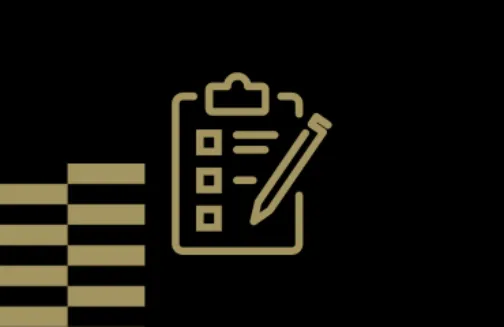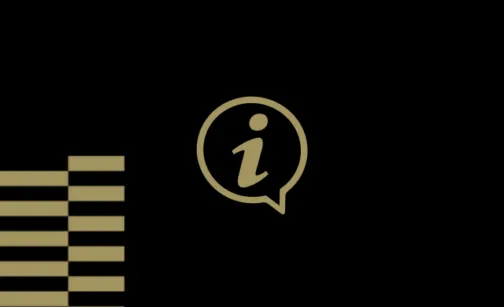This Work Placement/Study Abroad component is an integral part of all academic programmes of the Institute and is provided in compliance with HEA/DES requirements for practice-based learning on all third level courses as laid out in the “Higher Education System Performance Framework 2018-2020”. The overall aim of the module is to offer the student the opportunity to apply the knowledge and skills gained throughout their course of study up to this point in a new and relevant experiential setting. This is to be achieved whilst facilitating the student in developing the practical life-skill competencies and communication skills necessary to function as an effective member of the work environment and wider society.
The skills developed during work placement include technical job-related skills, numeracy and literacy skills, use of new technologies, critical evaluation of the host organisation and meta-cognition skills such as reflective learning and self-regulation. Students will apply previously acquired learning, work with less explicit instruction and cope with a variety of workplace challenges.
The student’s employability is enhanced by working on a wide range of employment skills, from adapting to workplace culture, managing time and stress to demonstrating initiative and engagement in their work tasks.
Throughout work placement, students have ample opportunity to build confidence in their personal brand. The work placement assessment requires students to identify and actively improve key skills such as productivity, professionalism, communication, motivation, initiative, problem-solving and decision-making. Students must reflect on how they have managed challenges in the workplace, how they operate within teams and are also guided to explore an area in their workplace which lies outside their designated area of work.
Students choosing to study abroad will be provided a comparable programme of study in an approved foreign partner Institution.
















